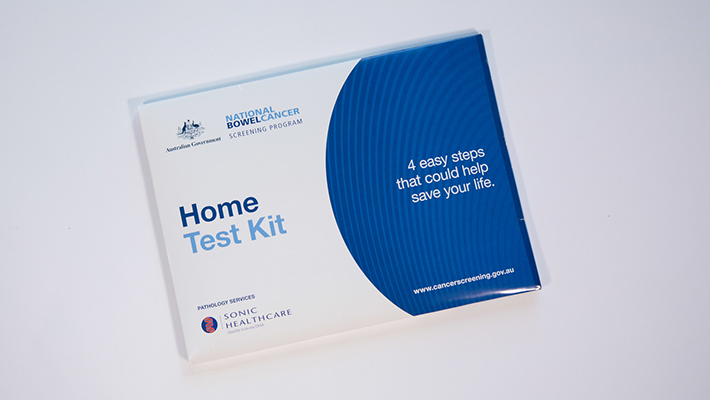Governments urged to increase screening rates and improve referral pathways
New research shows the average health costs for a bowel (colorectal) cancer case in the first year of treatment are over $50,000, highlighting the urgency of getting more people to screen for early signs of the disease to improve patient outcomes and reduce expenditure.
The study by researchers at the Daffodil Centre, a partnership between Cancer Council NSW and the University of Sydney, showed first-year health system costs were $50,434 for colon cancer and $60,877 for rectal cancer, with an average of 16 and 18.5 hospital days respectively.
Dr Eleonora Feletto, Senior Research Fellow at the Daffodil Centre, says this is the first study in Australia to report detailed bowel cancer health system costs and the number of days a bowel cancer patient spends in hospital, compared to someone without cancer.
“Bowel cancer is the second-leading cause of cancer death in Australia yet one of the easiest to treat if it is detected early, or, better still, prevented through the removal of precancerous polyps detected through screening,” Dr Feletto said.
“In a previous study, we estimated that bowel cancer costs the health system around $1 billion a year. These latest findings break down the cost per person and by stage of diagnosis and also indicate how long a bowel cancer patient is spending in hospital.
“It is a major personal and cost burden to the patient and the health system and one which could be reduced significantly if more eligible people participated in Australia’s free National Bowel Cancer Screening Program.
Anita Dessaix, Director of Cancer Prevention and Advocacy at Cancer Council NSW, said the new research illustrates why bowel cancer screening and improved access to colonoscopy services are so important.
“Our latest research shows that governments could save tens of thousands of dollars per case in only the first year, if a single case of bowel cancer was prevented through screening or detected in early stage,” Ms Dessaix said.
“Having a precancerous polyp removed or an early-stage cancer resected is a much better outcome for a patient than spending weeks in hospital and, sadly, often experiencing a poorer outcome with later stage disease.
“Participation rates still remain unacceptably low – including in NSW where rates are among the worst in the country – and there are inequities and delays in accessing colonoscopy services for people who test positive in the screening program.
“Increased participation in screening and improvements in referral pathways will result in better outcomes and for everyone.”
For information about colorectal cancer, screening, or information visit www.cancercouncil.com.au/bowel-cancer
If you or someone you know has been impacted by cancer and needs support, call Cancer Council’s free, confidential Information and Support line on 13 11 20.



